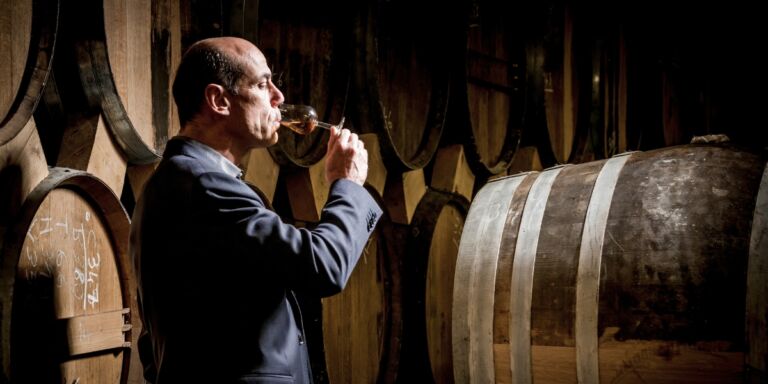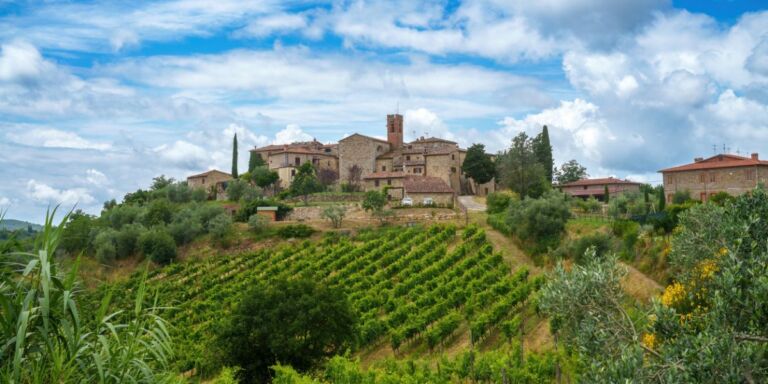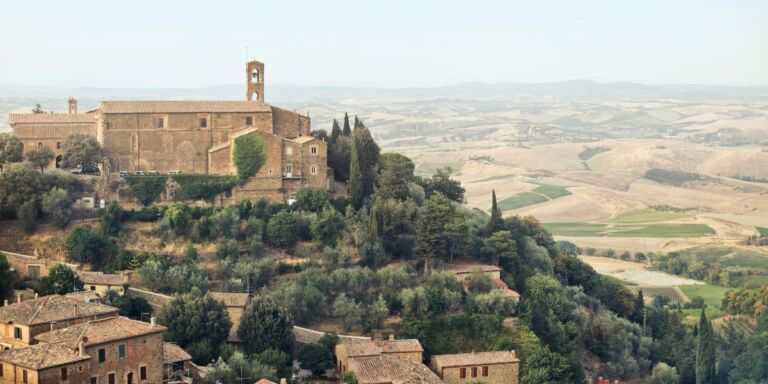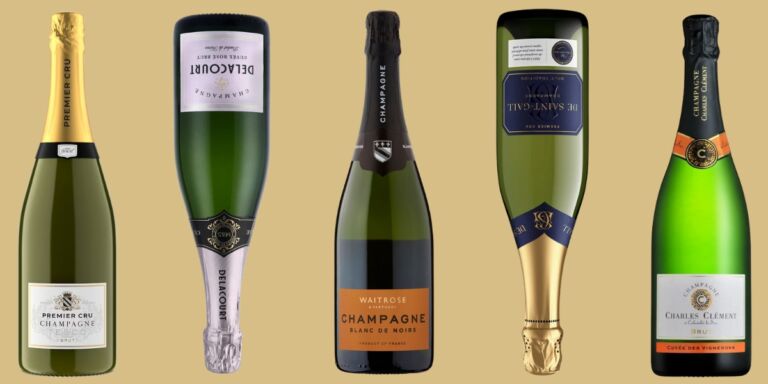I’ve been writing about the drinks world for almost 20 years. I’ve launched and edited drinks trade magazines, written for dozens of consumer and specialist titles, been a columnist for several newspapers, talked about wine and spirits on the radio and TV, been made a Keeper of the Quaich, a Rectifier of the Guild, and won a few gongs along the way. Yet still, there are often times I feel like an outsider.
For a long time I thought this was down to intellectual insecurity. Because drinks is one of those subjects that’s absolutely bristling with specialists. The more you learn, the more you realise how much you still don’t know. But lately I’ve started to think the way I feel is more to do with the way I was brought up. My family wasn’t really interested in food and drink. They didn’t discuss how things tasted, or where they were grown or how they were made. We ate perfectly well but we didn’t spend Sunday lunch debating the merits of one cru versus another, or linger lovingly over the veg stall at the Saturday market.
My parents, like a lot of the postwar generation, considered the whole discussion of appetite and taste rather grossly corporeal. Eating and drinking wasn’t something to be enjoyed in itself – it was simply a means to an end. My parents weren’t teetotallers – far from it – but the kind of things they drank were mostly pretty ordinary. Box wine. Bell’s whisky. Gordon’s gin. My grandfather was the ‘wine expert’ in our family, because he had a subscription to the Wine Society. But I don’t remember him ever actually drinking wine – he drank whisky & soda. Once, he splashed out on a case of vintage port to mark a big occasion. But the family deemed it so special that no one ever dared actually open it. That case still exists to this day.
Once, my grandfather splashed out on a case of vintage port to mark an important occasion, but the family deemed it so special that no one ever dared actually open it
When I listen to my French friend talk about growing up in the Jura, where her father, like many people, made a little bit of wine, or my Glaswegian colleague recalling the symbolism of that first single malt shared with his uncle, it makes me realise that I have very little gastronomic heritage at all. About the closest thing I have to a liquid identity is Pimm’s.
For a long time that felt like a weakness. But, increasingly, I’ve started to see it as a strength. More and more, the drinks world is filling up with people like me who didn’t grow up in a family of oenophiles, or with Speyside water coursing through their veins; people who didn’t inherit a knowledge of first growths or an account at Berry Bros & Rudd from their father. People who are, perhaps, dipping their toe into the drinks world for the first time.
Insiders used to sneer at these people, asking their gauche questions and holding their Zaltos all wrong. But increasingly I’m hearing distillers, sommeliers and winemakers alike acknowledge that it’s those newcomers who are changing the industry for the better – because they have a thirst for knowledge that their predecessors, weaned on the family cellar, did not.
Instead of accepting the received wisdom, they’re asking the industry to explain itself. They’re demanding a degree of transparency, and a level of detail, that’s unprecedented. That, in turn, has forced the industry to innovate in all kinds of ways, from the Krug ID, a scannable code which reveals the vintage conditions and wines behind every Krug iteration, to the oenotourism boom – witness the new, £140m Macallan distillery, complete with a visitor centre that wouldn’t look out of place in a worldclass museum.
These new epicureans are more nosy, and tend to roam more widely. They’re drinking grower Champagne, orange wine, vintage rum and Japanese whisky, as well as the cannon. They are curious, and catholic in their tastes, and that’s helped bring oxygen to new parts of the industry: new regions, new styles, new producers.
The old hierarchies still exist, of course – you only need to look at the record prices for Burgundy and Macallan. But they no longer run along blood lines in the way they used to do. Anyone can be a drinks lover, collector or expert, wherever they come from and however they were raised. And that is a welcome change indeed.





